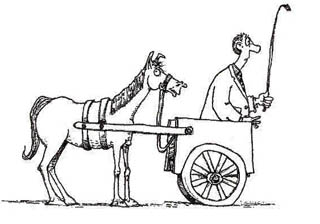RonFrank
Contributor
In my view, gas management, and gas planning are somewhat interchangeable terms, but I understand the distinction. In the context of this thread, gas management happens topside and attempts to determine SAC rate, dive depth, and available air in an effort to plan the dive from an air standpoint. Unfortunately for a new diver, most of the variables may not be available to do a good job of this.
For the new diver Gas management happens during the dive, and uses more basic concepts like start to surface at XXXXpsi.
However planning is only as good as the plan, and may not predict what DOES happen during the dive.
We could take this all a step further, and suggest that new divers should not be in the water without an experienced buddy. The new diver may TRY and plan their gas management, but the bottom line is that if both divers run low on air before they can surface, neither has the experience to rescue.
I am betting had this woman been with an experienced diver, she would have been fine. But I guess that is not possible to know for sure.
For the new diver Gas management happens during the dive, and uses more basic concepts like start to surface at XXXXpsi.
However planning is only as good as the plan, and may not predict what DOES happen during the dive.
We could take this all a step further, and suggest that new divers should not be in the water without an experienced buddy. The new diver may TRY and plan their gas management, but the bottom line is that if both divers run low on air before they can surface, neither has the experience to rescue.
I am betting had this woman been with an experienced diver, she would have been fine. But I guess that is not possible to know for sure.





